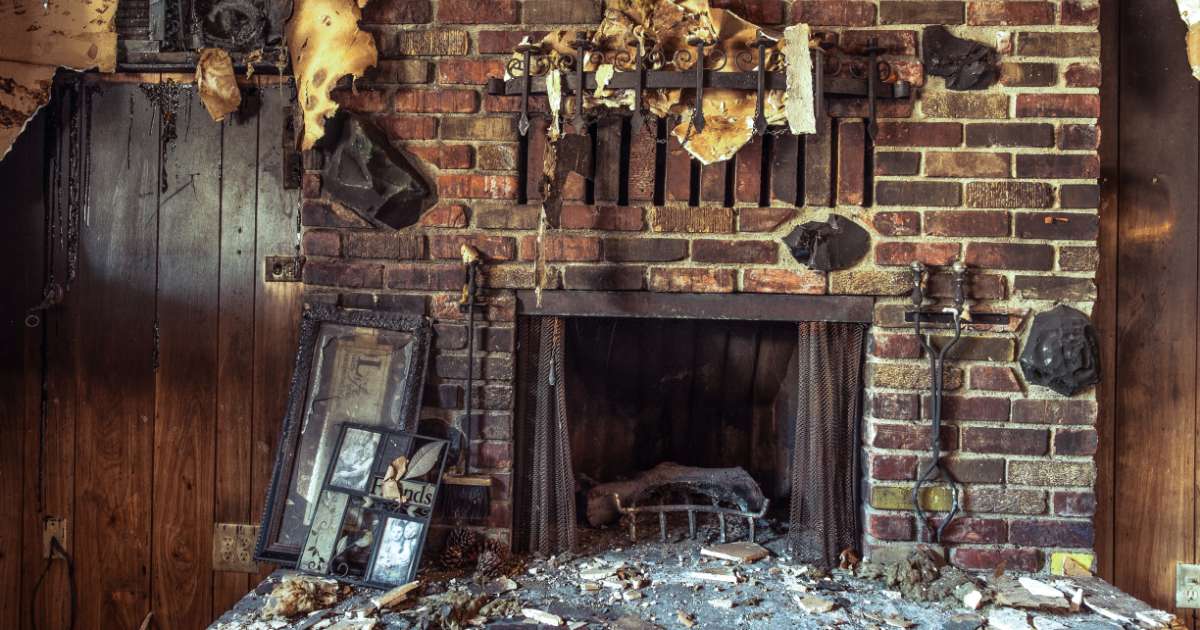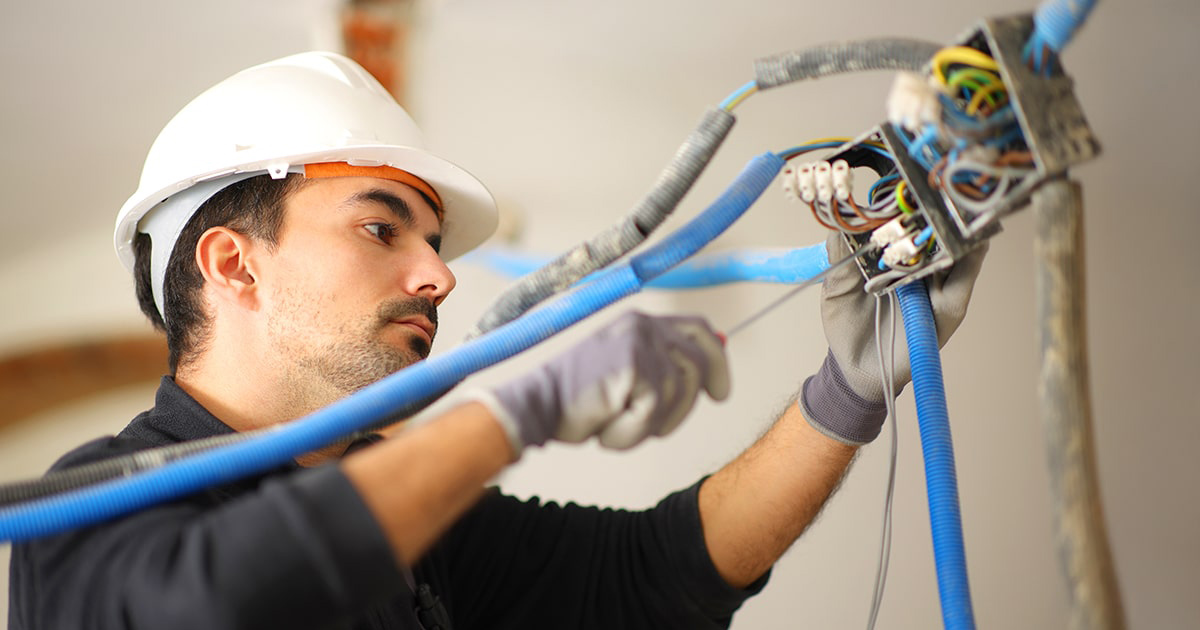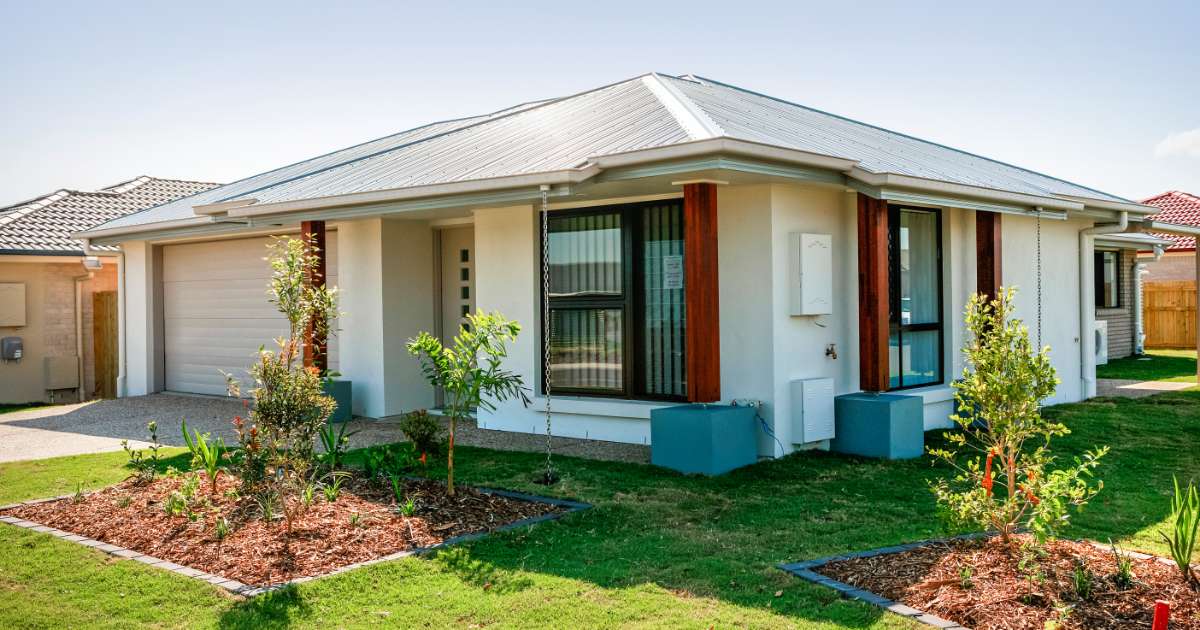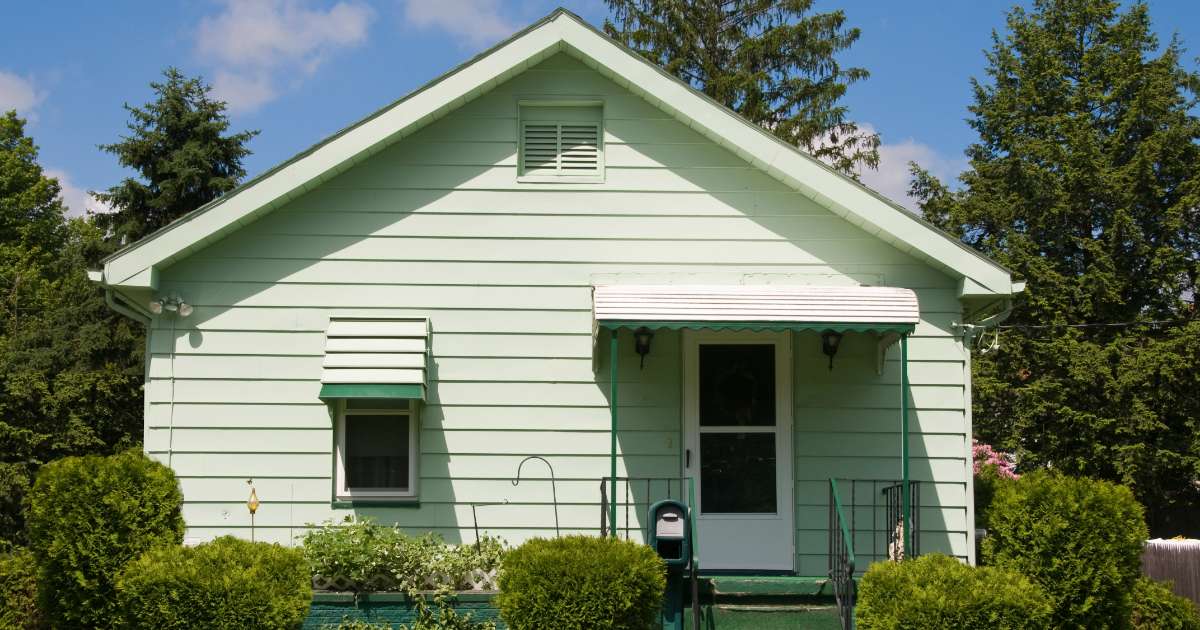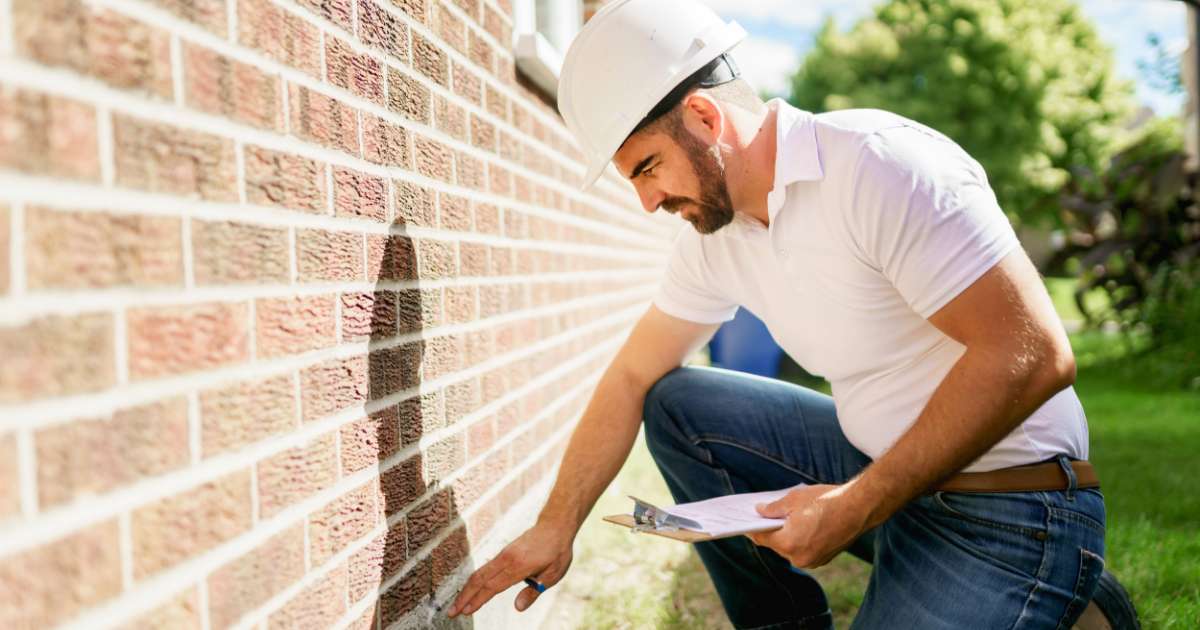Unpermitted work can make the sale of your Jacksonville house challenging. It has the potential to lower property value, cause legal headaches, and turn away buyers. However, with the right approach, you can still close the deal.
This guide explores what unpermitted work is, how it can affect sellers, and what your options are when selling a house with unpermitted work. From making repairs to pulling retroactive permits to selling “as is,” there are several paths to a successful sale.
What is unpermitted work?
Unpermitted work includes any construction or remodeling performed without obtaining the necessary permits from the local government. Projects that often require permits include:
- Constructing additions
- Replacing plumbing or electrical systems
- Upgrading to a tankless water heater
- Installing swimming pools, gazebos, or large decks
Permits ensure that work meets safety and code standards. Without them, you might face:
- Safety risks: Improper construction of items like a second-story attic conversion can lead to injury.
- Fines: In Jacksonville and surrounding areas, unpermitted work can lead to fines.
- Insurance issues: Insurers might deny claims or cancel coverage for properties with unauthorized work.
Permits help ensure that construction projects are safe, compliant, and respectful of community standards. For example, unpermitted digging could damage utility lines, while unapproved structural changes, like adding a deck or converting a garage, might violate safety codes or setback requirements. Houses with unpermitted work often see reduced value, as buyers may worry about resolving these problems. Legal consequences could also follow if someone is harmed due to the work.
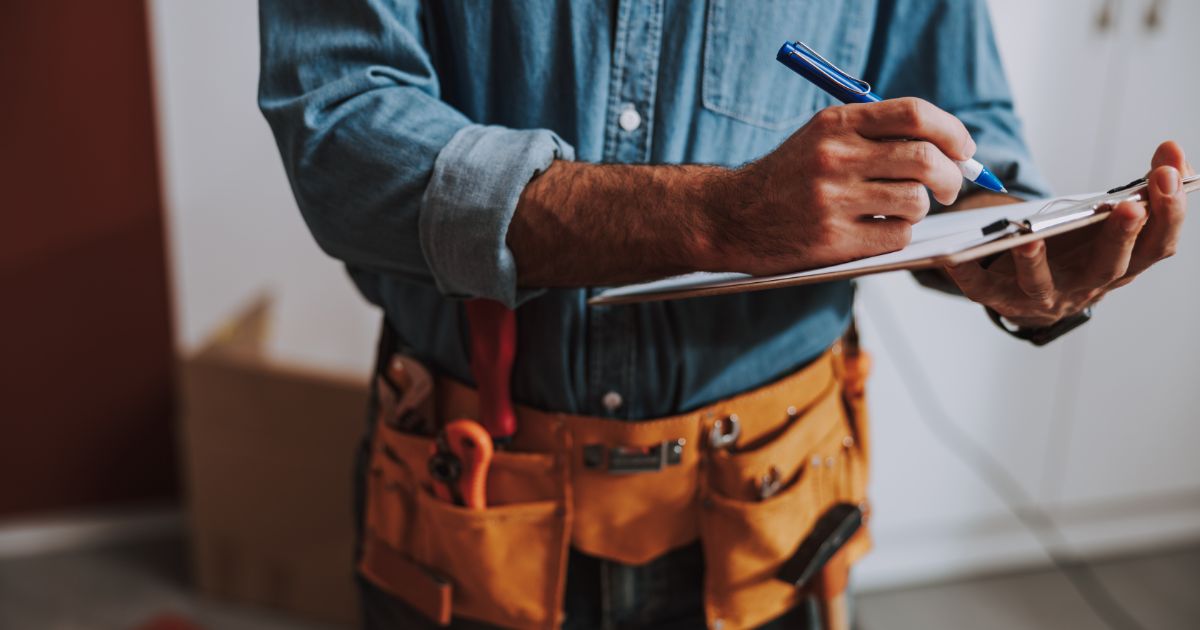
Understanding code violations
The City of Jacksonville’s Building Inspection Division webpage has code and permitting resources for residents. Nearby cities like Green Cove Springs have these resources online as well.
Many state and local building codes are based on model building codes like the 2021 International Residential Code and the 2023 National Electric Code. The Florida Building Code, for instance, uses many of the same provisions found in universal codes.
Changing building codes often present difficulties for homeowners. For example, the rules around shatter-resistant windows within a few miles of the Florida coast might change to meet current safety standards, which may leave older properties out of compliance. While previously compliant work can sometimes be “grandfathered in,” unpermitted projects face stricter scrutiny.
Homeowners associations (HOAs) in Florida have the legal standing to make rules for homeowners as well. While breaking these rules doesn’t mean it’s a city code violation per se, homeowners typically have to follow HOA requirements around exterior paint colors, landscaping, and other types of changes to their house.
Common unpermitted work and code violations
Undertaking major projects in Jacksonville without a permit can backfire, particularly during a sale. Typical violations from unpermitted work include:
- Poorly constructed home additions
- Subpar installation of HVAC or electrical systems
- Roof replacements that don’t meet quality standards
- New structures, like carports and fences, that accidentally cross property lines
- A bathroom addition, such as a new shower, that leaks due to improper plumbing
Is it legal to sell a house with unpermitted work?
Florida law allows you to sell a home with unpermitted work, but you must inform the buyer about it. If you don’t, you could face lawsuits.
How unpermitted work can affect your home sale
Homes with unpermitted work often lose buyer interest because they bring additional costs or complications for future resale. These issues can also raise flags during appraisals and inspections.
Lenders are cautious about unpermitted work, sometimes requiring immediate loan repayment if buyers fail to disclose the issue. This risk deters many buyers.
Unpermitted work can also jeopardize home insurance coverage. The Atlantic Coast sees its share of hurricanes and tropical storms. If you have a re-roof done that wasn’t permitted and up to code, and that roof gets damaged during the hurricane season, there is a chance that insurance won’t cover it.
What are your options if you’re selling a house with unpermitted work?
If you’re selling a house with unpermitted work, you still have options:
- Fix the issue and get the permits: This approach involves correcting the problem and securing the necessary permits. Smaller fixes, like installing a new water heater or range hood with proper permits, may be relatively inexpensive. Larger projects, such as permitting an unauthorized home addition or backyard swimming pool, can be more complex and costly.
- Retroactive permit application: If the work was done correctly but lacks permits, you can try to apply for a retroactive permit. A building inspector will evaluate the work and either approve it or recommend repairs.
- Sell “as is”: If you don’t want to make repairs, selling “as is” is an option. While you still need to disclose the issue, proper marketing could attract a buyer. Selling to a local off-market buyer in Jacksonville could expedite the process, though “as is” houses often sell for less.
- Offer a credit: You could also offer a buyer credit at closing to address the unpermitted work. This works well if you prefer not to handle the repairs yourself.
Common mistakes when selling a house with unpermitted work
Here are some common mistakes to avoid if you are selling a house with unpermitted work:
- Neglecting to disclose issues: Legal troubles can arise if you fail to inform buyers about unpermitted work. Transparency is crucial.
- Making unpermitted updates during the sale: These can derail inspections and scare off potential buyers. Doing permitted work is best.
- Underestimating repair or permit costs: Fixing unpermitted projects can be more expensive than anticipated. Do your homework before listing.
- Skipping professional help: Seek expert opinions to better understand how unpermitted work might affect your sale.
We Buy Ugly Houses® buys properties with unpermitted work.
If your house has unpermitted work and you are looking for a home buyer that buys houses “as is,” reach out to We Buy Ugly Houses®. Our Jacksonville team buys condos, single-family homes, and other types of property, and we offer fast sales to sellers in Duval County and surrounding areas.
Don’t let building code violations from unpermitted work stand in your way. Reach out to We Buy Ugly Houses today!
This blog is for informational purposes only and should not be considered legal advice.

